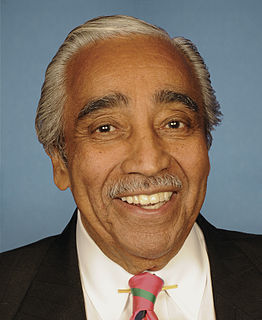A Quote by Ernst Haas
Bored with obvious reality, I find my fascination in transforming it into a subjective point of view.
Quote Topics
Related Quotes
Bored with obvious reality, I find my fascination in transforming it into a subjective point of view. Without touching my subject I want to come to the moment when, through pure concentration of seeing, the composed picture becomes more made than taken. Without a descriptive caption to justify its existence, it will speak for itself - less descriptive, more creative; less informative, more suggestive - less prose, more poetry.
The problem is one of opposition between subjective and objective points of view. There is a tendency to seek an objective account of everything before admitting its reality. But often what appears to a more subjective point of view cannot be accounted for in this way. So either the objective conception of the world is incomplete, or the subjective involves illusions that should be rejected.
We're all looking from the point of view of our own reality tunnels. And when we begin to realize that we're all looking from the point of view of our own reality tunnels, we find that it is much easier to understand where other people are coming from. All the ones who don't have the same reality tunnel as us do not seem ignorant, or deliberately perverse, or lying, or hypnotized by some mad ideology, they just have a different reality tunnel. And every reality tunnel might tell us something interesting about our world, if we're willing to listen.
The chance is high that the truth lies in the fashionable direction. But, on the off-chance that it is in another direction - a direction obvious from an unfashionable view of field theory - who will find it? Only someone who has sacrificed himself by teaching himself quantum electrodynamics from a peculiar and unusual point of view; one that he may have to invent for himself.
Change is always subjective. All through evolution you find that the conquest of nature comes by change in the subject. Apply this to religion and morality, and you will find that the conquest of evil comes by the change in the subjective alone. That is how the Advaitic system gets its whole force, on the subjective side of man.
But every point of view is a point of blindness: it incapacitates us for every other point of view. From a certain point of view, the room in which I write has no door. I turn around. Now I see the door, but the room has no window. I look up. From this point of view, the room has no floor. I look down; it has no ceiling. By avoiding particular points of view we are able to have an intuition of the whole. The ideal for a Christian is to become holy, a word which derives from “whole.


































